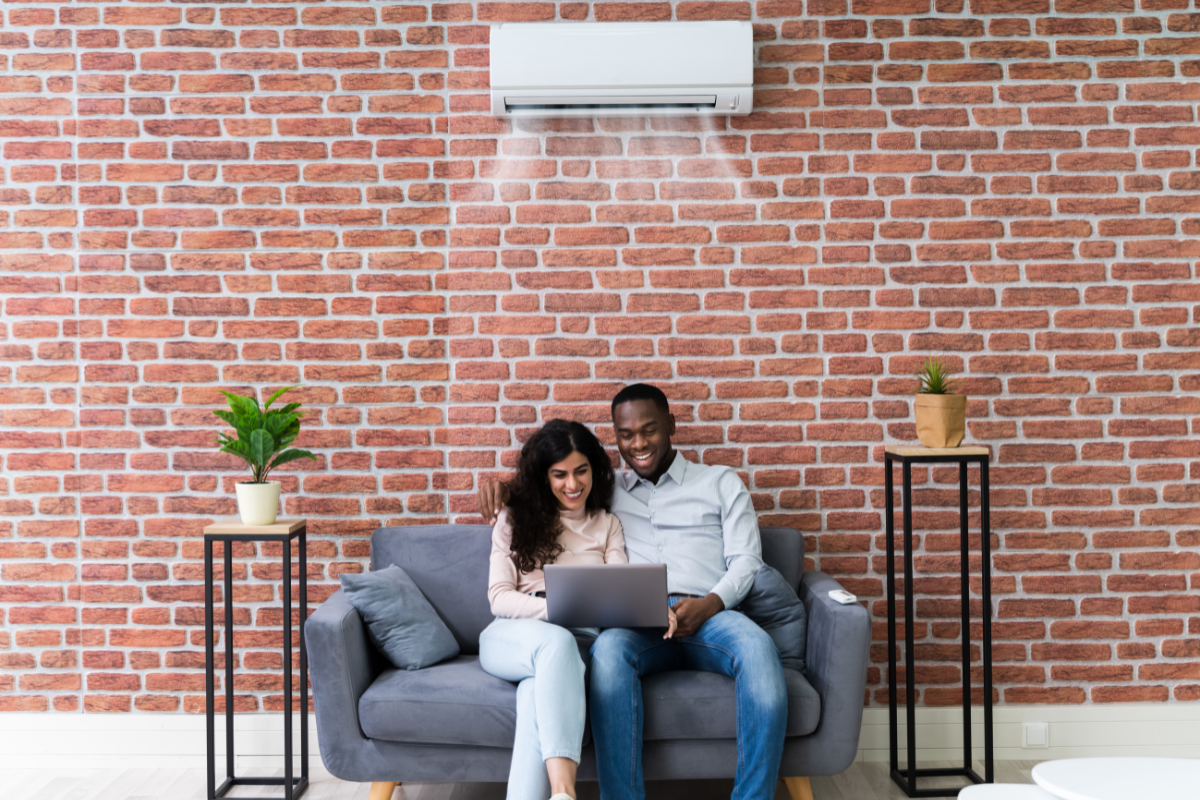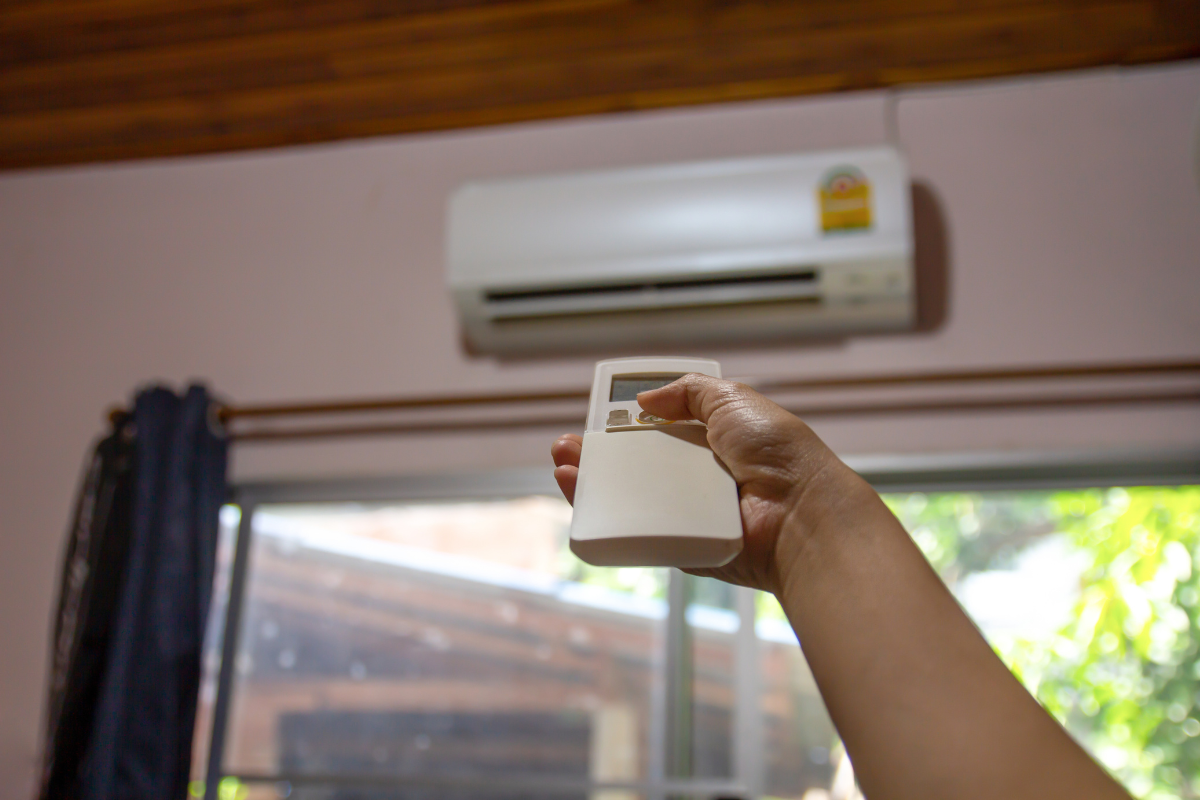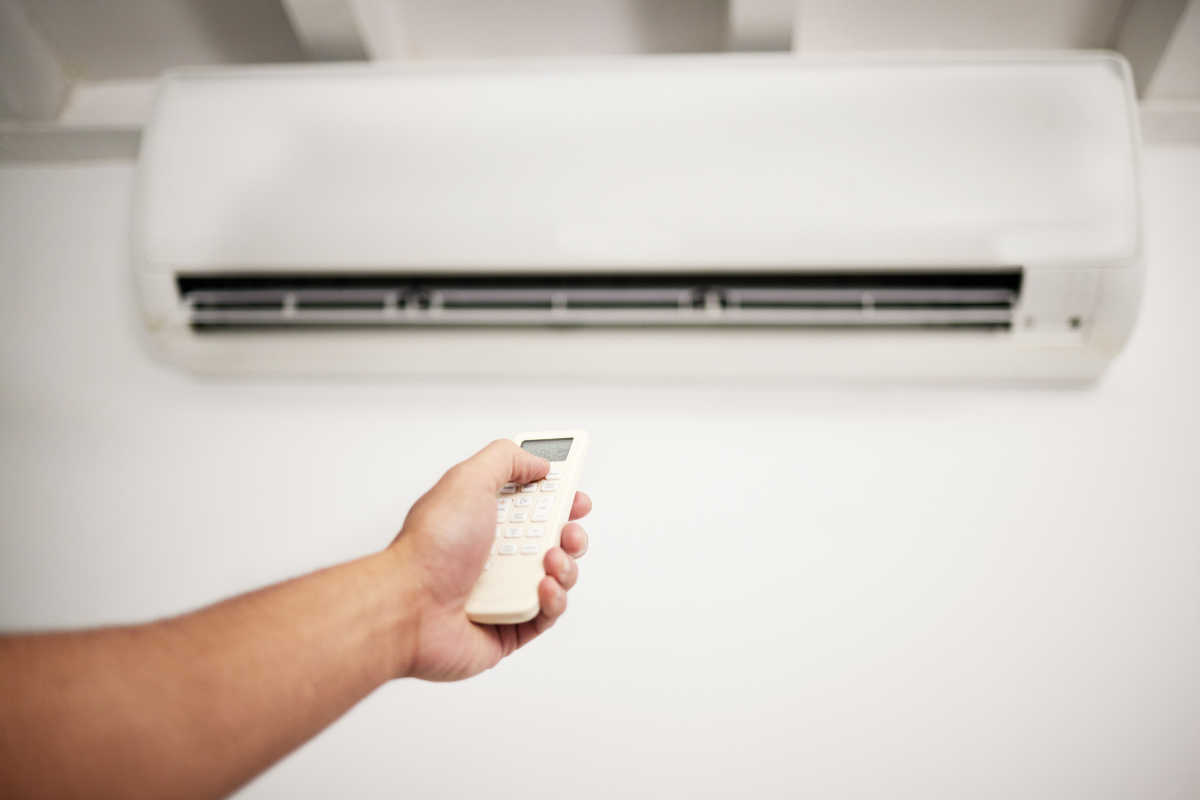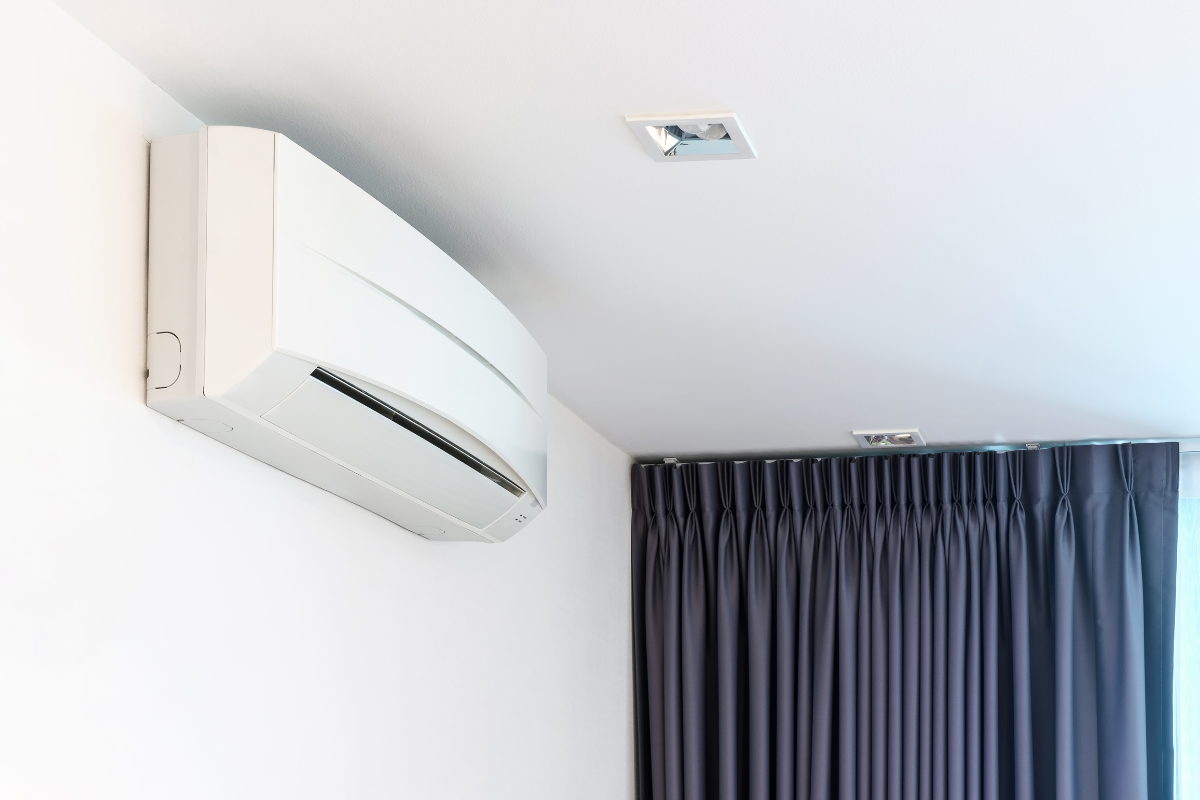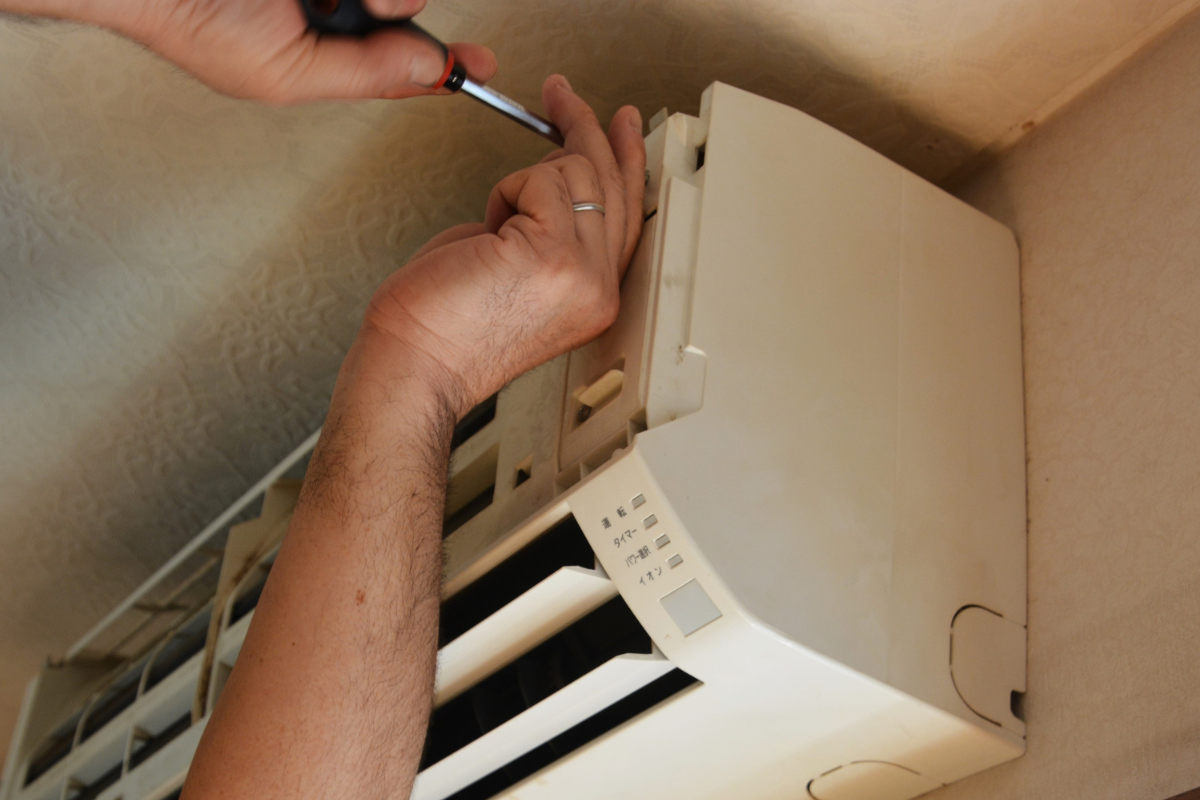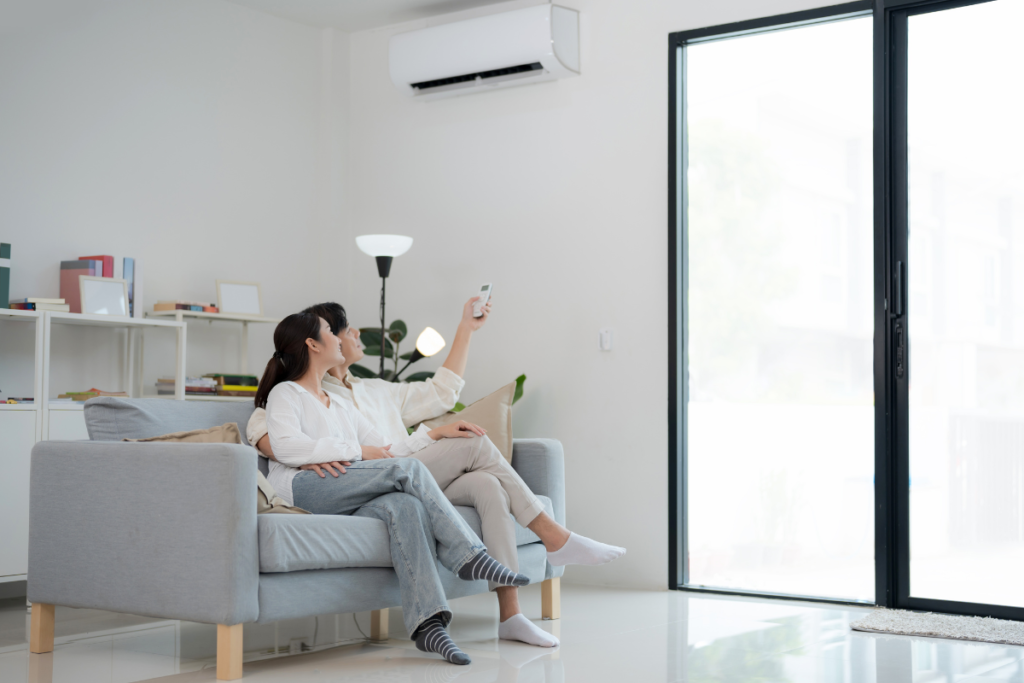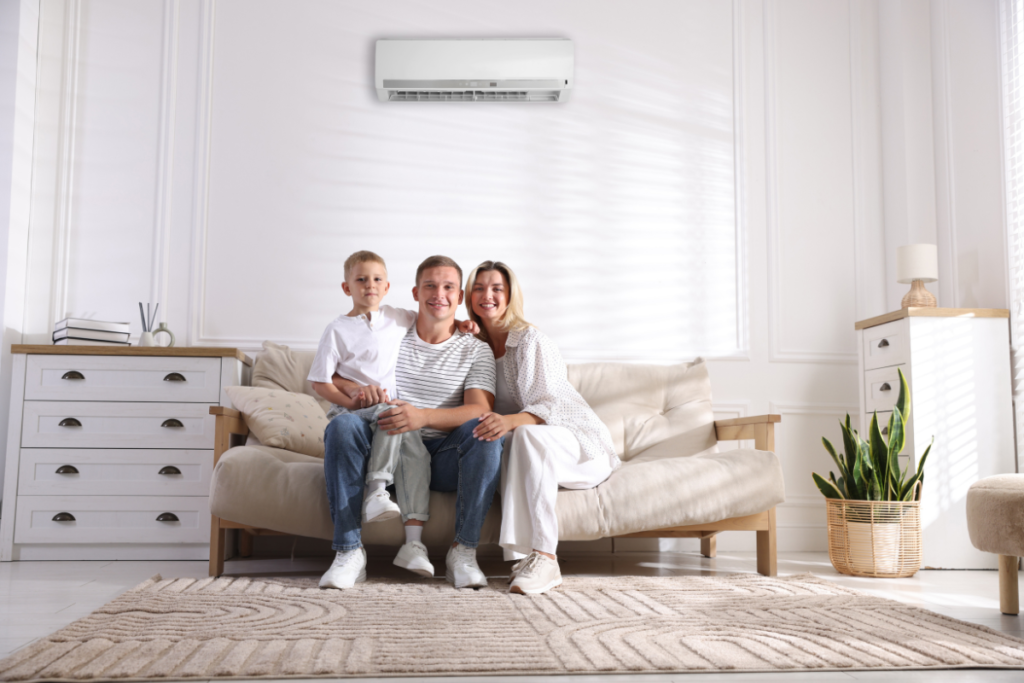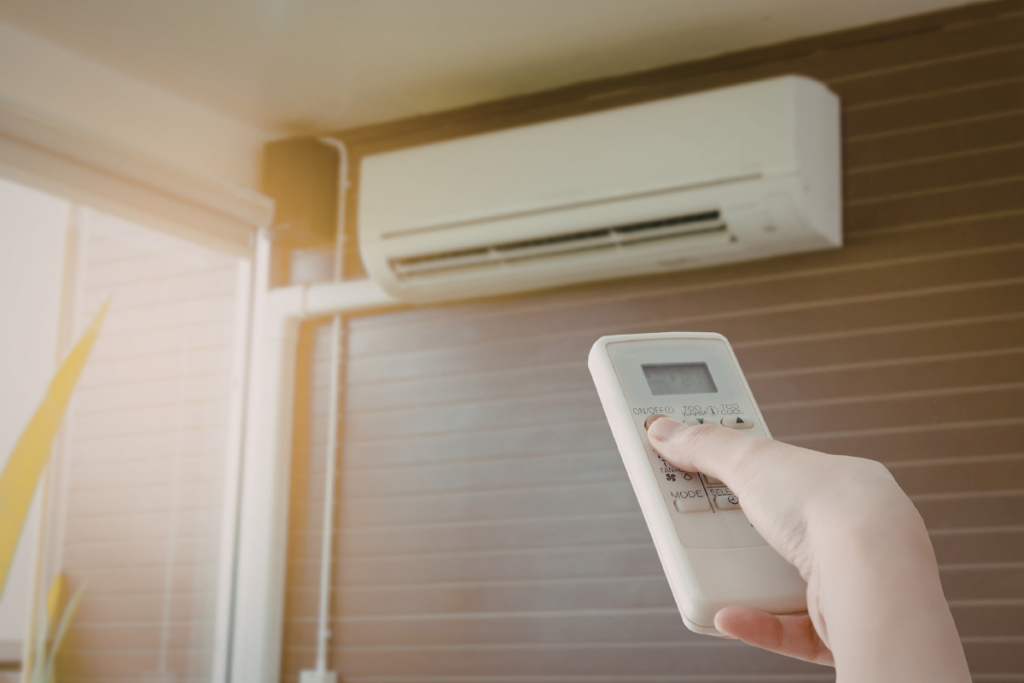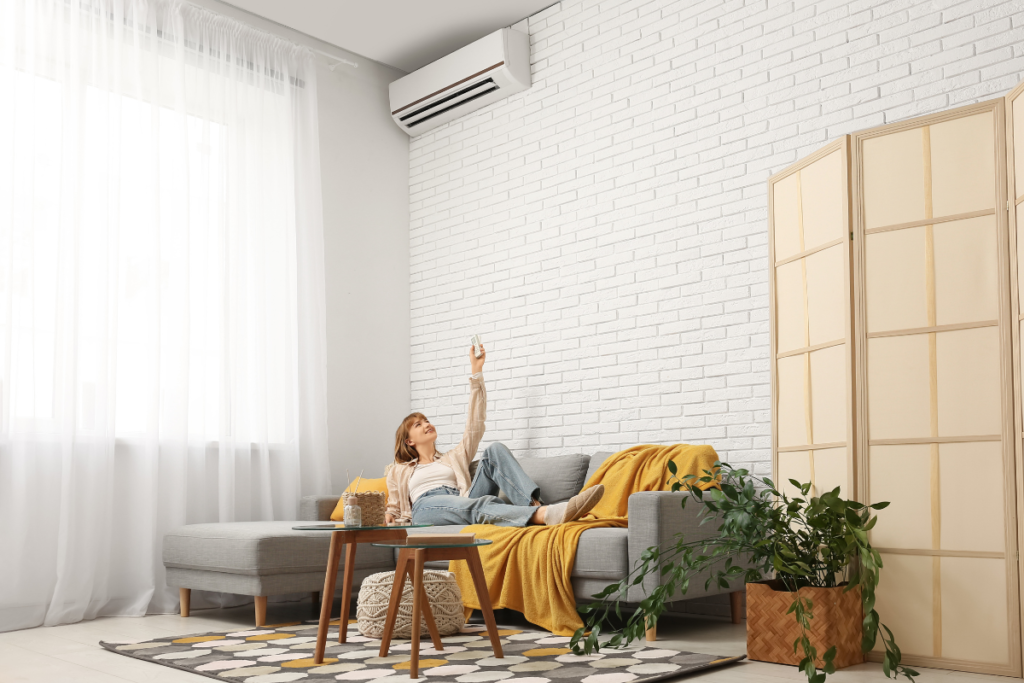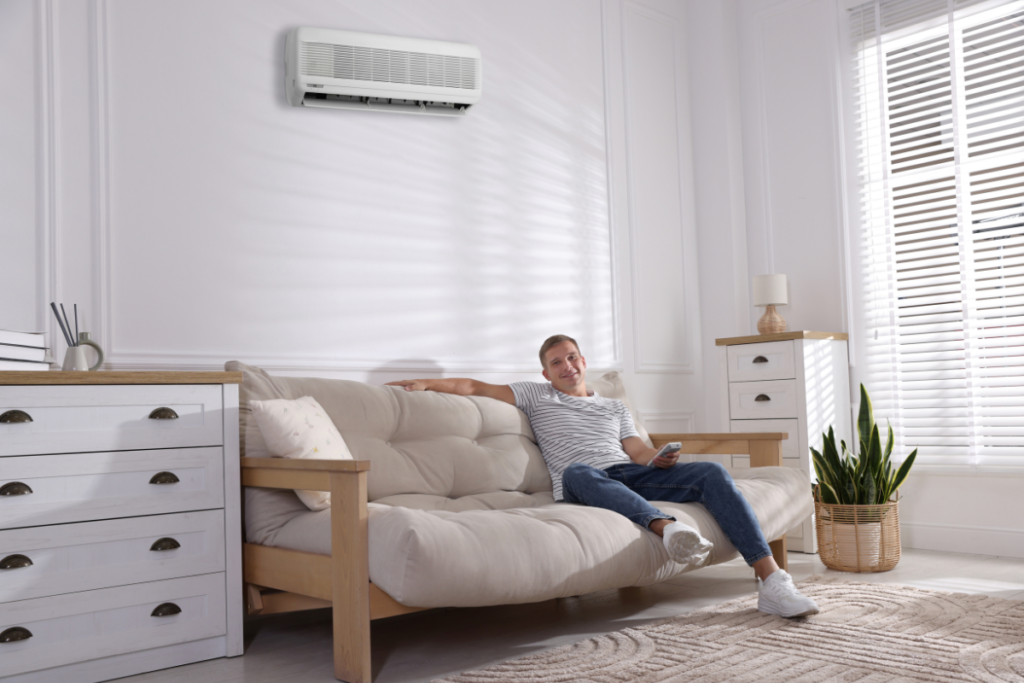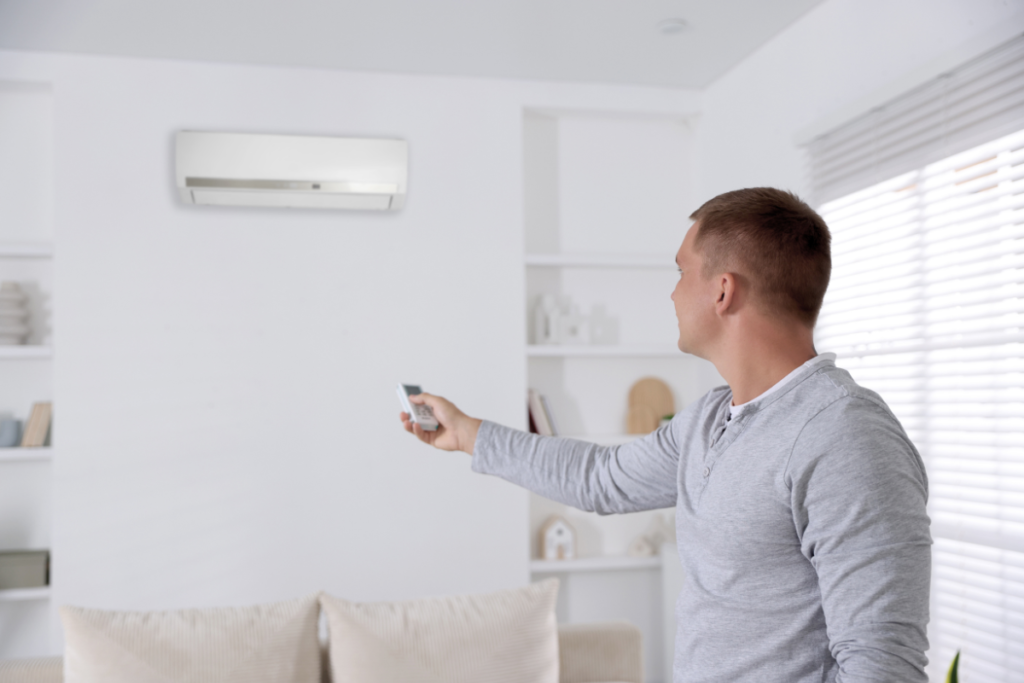Selecting the right air conditioning size for your home is crucial for both comfort and energy efficiency. An air conditioning size that is too large will consume excess energy and may cool the room too quickly without properly removing humidity. On the other hand, an air conditioning that is too small will struggle to maintain the desired room temperature, leading to increased energy consumption. Understanding factors like room size, cooling power, BTUs, insulation, and sunlight exposure can help determine the best unit for your space.
Why Air Conditioning Size Matters
The air conditioning size directly impacts your home’s cooling load and overall comfort. A unit that is too large cycles on and off frequently, causing inconsistent temperatures. Conversely, an undersized AC will run continuously, leading to higher energy bills and premature wear and tear. By considering proper sizing, homeowners can achieve optimal energy efficiency and a balanced room temperature.
Understanding BTUs And Cooling Power
British Thermal Units (BTUs) measure an AC unit’s cooling power. The higher the BTUs, the more powerful the air conditioning. However, bigger isn’t always better. The ideal air conditioning size depends on various factors such as room size, insulation, and sunlight exposure. A general guideline is:
- 5,000-7,000 BTUs: Small rooms up to 150 sq. ft.
- 8,000-12,000 BTUs: Medium rooms between 150-350 sq. ft.
- 14,000-18,000 BTUs: Large rooms up to 550 sq. ft.
Factors That Affect Proper Sizing
Beyond room size, other factors influence the cooling load and the correct air conditioning size:
- Insulation: Well-insulated homes retain cool air better, requiring fewer BTUs.
- Sunlight Exposure: Rooms with significant sunlight need higher cooling power to maintain a comfortable room temperature.
- Ceiling Height: Taller ceilings increase the volume of air that needs cooling.
- Occupancy: More people generate additional heat, affecting the cooling load.
- Appliances and Electronics: Devices like ovens and computers contribute to indoor heat.
Choosing An Energy-Efficient AC
Energy-efficient air conditioning optimize cooling power while minimizing energy use. Look for units with high SEER (Seasonal Energy Efficiency Ratio) ratings and ENERGY STAR certifications. These models enhance energy efficiency and lower utility bills. Additionally, features like programmable thermostats and variable-speed compressors improve comfort and control.
Ensuring The Best Performance
To maximize your AC’s efficiency:
- Place it in a shaded area to reduce sunlight exposure.
- Regularly clean or replace filters to maintain cooling power.
- Seal gaps and insulate rooms to reduce the cooling load.
- Set the thermostat at an optimal room temperature to balance comfort and energy efficiency.
Selecting the right air conditioning size is essential for achieving a comfortable indoor environment while ensuring energy efficiency. By considering room size, BTUs, insulation, and sunlight exposure, homeowners can find the perfect unit to meet their needs. Proper cooling power calculations, along with an energy-efficient AC, can lead to long-term savings and improved comfort. Investing in the right air conditioning size guarantees a cooler, more efficient home environment.

